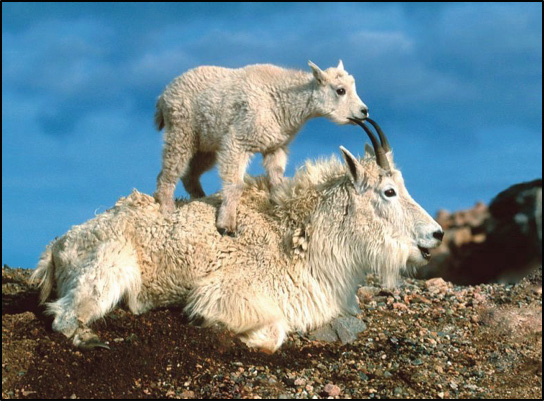Climbing: From Bios to Zoe and Beyond

"Life wants to climb and in climbing overcome itself." - Nietzsche
Climbing is at once mysteriously universal and specifically human, a general praxis of life and a markedly anthropocentric pursuit. The still accelerating and expanding sphere of climbing as a specific post-medieval human practice begs the question of its relation, not only to historical modernity and its corporeal-kinetic formations, but to life itself. Accordingly, this symposium proposes to follow the question of climbing and the problematicity of its concept as a unique opportunity for reflection on the question of life.
What climbing is, its being and becoming, is unthinkable without reference to the plurality of evolutionary, metaphysical, cultural, and political forms climbing takes, of which alpinism’s classic notion of ascending a mountain “because it’s there” is both a significant and a woefully insufficient index. To consider climbing in its situation vis-à-vis life, affords not only the possibility of new critical perspectives on climbing but the generation of novel orientations within it. As life is a problem in which life is caught, so climbing proceeds through pursuit of its own difficulties. The contemplation of climbing in connection with life thus calls not only for critique but for more immersed theorizations, for vexed or cruxological discursive climbs of climbing. The historically problematic attachment of mountaineering to colonialism, nationalism, and androcentrism, for instance, is legible (not to mention livable) as a permutation of climbing’s wayward reflexivity, its creative and perverse will to be both heroically more than and a pure end unto itself. Like life, climbing requires an overcoming-by-intensifying of its own problematic. In short, the very movement of climbing calls for progressively recursive and self-problematizing reflections upon its own nature and its relation to the greater movement and nature—life—of which it is a part.
Is climbing the means by which life overcomes itself or only a term through which it wants to? If climbing is the medium whereby life wants to and/or does overcome itself, will life ever overcome climbing? How does death, from the corpses of climbers to environmental loss, animate climbing? What bodies and subjectivities, gestures and technologies, substances and imaginations, desires and economies are produced, performed, and assembled as climbing emerges as a form of social and anti-social life? What ecologies become possible as we come to understand climbing as taking place in environments, both natural and built, as a form of post-human and ante-human engagement with a living, dying planet?
Full Schedule
Intro and Panel 1: Life / Death / Camera
10:00am - 11:45am
Speakers:
Margret Grebowicz (Goucher College), “Detumescence: Life and the Aesthetics of Descent”
Young Soon Oh (UC Riverside): “Deaths of the Sherpa and Korean Mountaineers: a Cultural Anthropological Perspective”
Nicola Masciandaro (CUNY): “Because It’s Not There: Climbing and the Cameral I"
Panel 2: Monument / Environment / Route
12:00pm-1:30pm
Speakers:
Sally Ann Ness (Temple Univ.): “Traditional Climbing in Yosemite National Park: Tracking Rhetorical Emergences in Space of Monumentality”
Ed Keller (The New School): “Anabasis and the Fall: Deep Ecologies of the Upstream Mind”
Mark Sanders (NYU): “Climbing by the Book"
LUNCH BREAK
Panel 3: Dance / Limit / Support
2:15pm - 3:45pm
Speakers:
Bo Earle (Univ. of British Columbia): “Climbing without Ascent: Overcoming as Parodic Dance”
Jacqui Lowman (Univ. of Maine): “Going BEYOND LIMITS”
André Lepecki (NYU): “Rope"